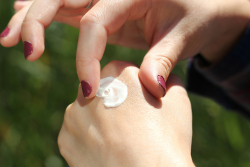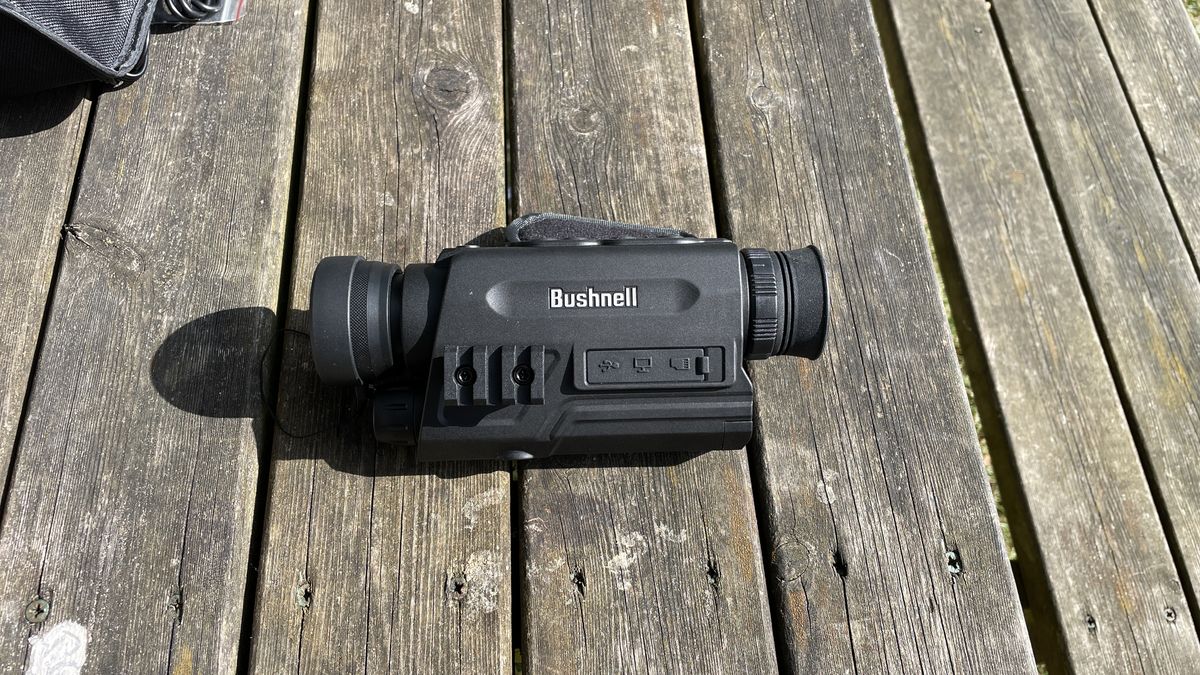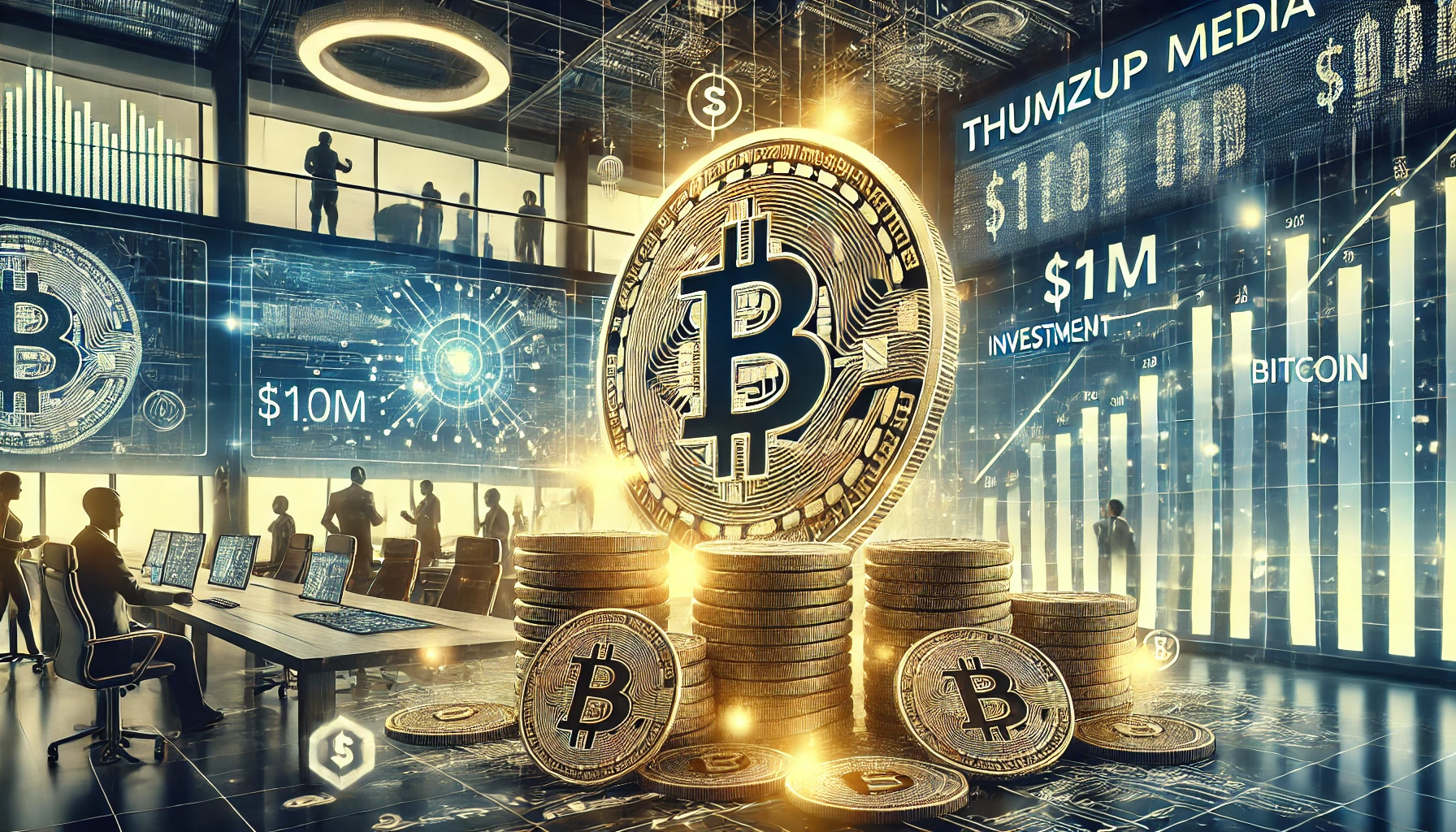
Neuroscientist David Levitin explores how music can help heal us in his new book
Natalie Foss
Most of us already know that music can have a profound effect on mind and body. Consider the feeling of empowerment when you slip on some headphones and go for a run, the rush of nostalgia you get from hearing your favourite song from your childhood or the joy of singalongs in the car – music moves us, literally and figuratively. It can make us happy when we are sad, sad when we are happy, as well as make us dance, laugh and relax.
But what if it could do more than that – what if music had the power to actually heal us? In his new book I Heard There Was a Secret Chord: Music as medicine, neuroscientist Daniel Levitin explains why he believes it can.
The idea that music is medicine isn’t new – there is evidence that shamans and healers in cultures across the world have used music, especially drumming, to treat people for thousands of years.
Only in recent decades, however, has science offered a rational basis for music as a mechanism for healing, demonstrating that it has a direct and measurable impact on our nervous system.
Advances in neuroimaging coupled with more rigorous experimentation drawing on music theory, cognitive psychology and physiology suggest that music can be useful in aiding everything from Parkinson’s disease to Alzheimer’s and depression.
Levitin spoke to New Scientist about these health benefits, and how music might be added to our medical toolkit.
Linda Rodriguez-McRobbie: It seems intuitive that…








Leave a Comment